Let’s Set the Scene
Imagine this: it’s just after lunch. Your dad—or maybe it’s you, no judgment—sinks into his favorite chair, tablet balanced on his knees, reading the news or playing sudoku. Ten minutes later? Head droops… maybe a gentle snore if nobody’s around. Then—you guessed it—he does it again. And again. Four times a day, at least. What gives? Is it just “old age,” or is there something sneakier—like all that time spent glued to a screen—stealing those hours of wakefulness? Let’s talk about it, honestly. No health-splaining or dry science lectures here. Just the kind of chat you’d have with a good buddy over coffee (“and maybe cake?”).
:max_bytes(150000):strip_icc()/Health-GettyImages-1369545389-66a99e8eebf048af8c801469aa97de74.jpg)
Why Are Naps on Repeat?
First off, if you’re a 68 yr old man nod off 4 times aday spend alot of time on tablet is this why searcher, yeah, you’re not alone. There’s no secret club for daytime nappers but… maybe there should be? Nobody talks about it, but the struggle is real.
Getting older does all sorts of odd things to our sleep. You think you’re sleeping through the night, but it’s lighter sleep, more wake-ups, and less of that delicious deep sleep you got in your thirties. Some of us even get by with just 4 or 5 hours at night (which isn’t ideal, honestly, but that’s another can of worms). So, naturally, you might feel that urge to nod off throughout the day. Sometimes you catch yourself. Sometimes, nope—you’re gone.
But here’s the big question: does time spent on that shiny tablet make things worse?
Blue Light, Bright Screens, and… Boom, You’re Tired Again
Let’s not pretend this is just a “young people” problem. All these screens? They hit everybody. The blue light from tablets, phones, even TVs messes with your body’s natural clock. You’re supposed to get sleepy when it’s dark, right? But that tablet floods your brain with fake “daylight,” even at 9 or 10 PM. The result: your body says, “Wait… is it morning? Guess I won’t make as much melatonin.” So you lie awake longer, sleep feels lighter, and by the next day? Boom, multiple nod-offs at 11am, 2pm, 4pm, whenever your brain thinks it can grab a few winks.
There’s even some pretty convincing research on this—like a recent study in JAMA Network Open that found people using electronics daily before bed get less sleep, go to bed later, and feel more groggy the next day. Another study (shoutout to everyone over 60) found device use before bed increased short sleep and fatigue by 45%! That’s almost half. Wild, right?
Personal Pause: My Uncle Ray’s Tablet Takedown
Quick story time: My Uncle Ray (he’s 71, and he’ll probably kill me for mentioning him) was addicted to solitaire on his tablet every evening. He’d fall asleep with it on his chest… then wake up at 3AM hunting for his reading glasses under the couch. He was cranky, napping all afternoon. Once he switched to a paper puzzle book and started plugging in his tablet in the kitchen at 8PM, he said he woke up way more alert—and even remembered to call me on my birthday. Coincidence? Maybe. But he swears by it.
Is It Just the Tablet… or “Something Else”?
We can’t put all the blame on technology (as fun as it is to complain about it). Daytime sleepiness in older adults is actually a mashup of things—a whole party of causes. Some of the classics:
- Fragmented, lighter sleep as you age. That’s just how the brain changes. You probably wake up more at night—bathroom trips, aches, weird cat noises.
- Meds. I know, boring, but lots of prescriptions for blood pressure, pain, or even mood can knock you sideways. Side effect: drowsiness. Doesn’t matter if you’re taking them “Nodding off without drugs” or with them…
- Depression and boredom. Not always obvious, but a sneaky thief of energy. When you feel lonely or down, it’s easier to just… check out for a nap.
- Underlying medical issues. Diabetes? Heart stuff? Sometimes your body’s waving a red flag with those extra naps.
- Straight-up habit. If you nap every afternoon, your brain starts to expect it—like Pavlov’s dog but sleepier.
If you want a full rundown (and trust me, it can be helpful), take a peek at nodding off causes. There’s a lot in there about both everyday reasons (including tablet marathon sessions) and underlying stuff that needs a doctor’s eye.
How Much Tablet Time Is Too Much?
So… what’s a “lot” of time on the tablet? There’s not really a magic number, but if we’re honest, when screen time leaves you more tired, headaches creep in, or you can’t remember what you read… that could be your sign. Most sleep docs say keep all screens off for at least an hour before bed. But be real with yourself: if you’re online for more than 2-3 hours, especially at night, cut back and see what happens.
And get this: even just having your device within arm’s reach at bedtime jacks up your odds of being tired during the day by more than two times, according to this study. Just the temptation to doomscroll or check email gets your brain buzzing.
Table: Swap Those Tablet Habits
| Tablet Habit | Try This Instead | Why It Helps |
|---|---|---|
| Bingeing news before bed | Read a real paper | Less blue light, more natural wind-down |
| Evening games/apps | Puzzles, cards, gentle walks | Engages brain, but doesn’t mess with sleep clock |
| Tablet in bed “just in case” | Plug it in outside bedroom | Removes temptation, improves restful vibes |
Could All This Nodding Off Mean Something More?
Alright, real talk: sometimes lots of naps signal something bigger. Not to freak you out, but, say, if it’s new, worse than before, or friends/family notice you seem off… give your doc a ring.
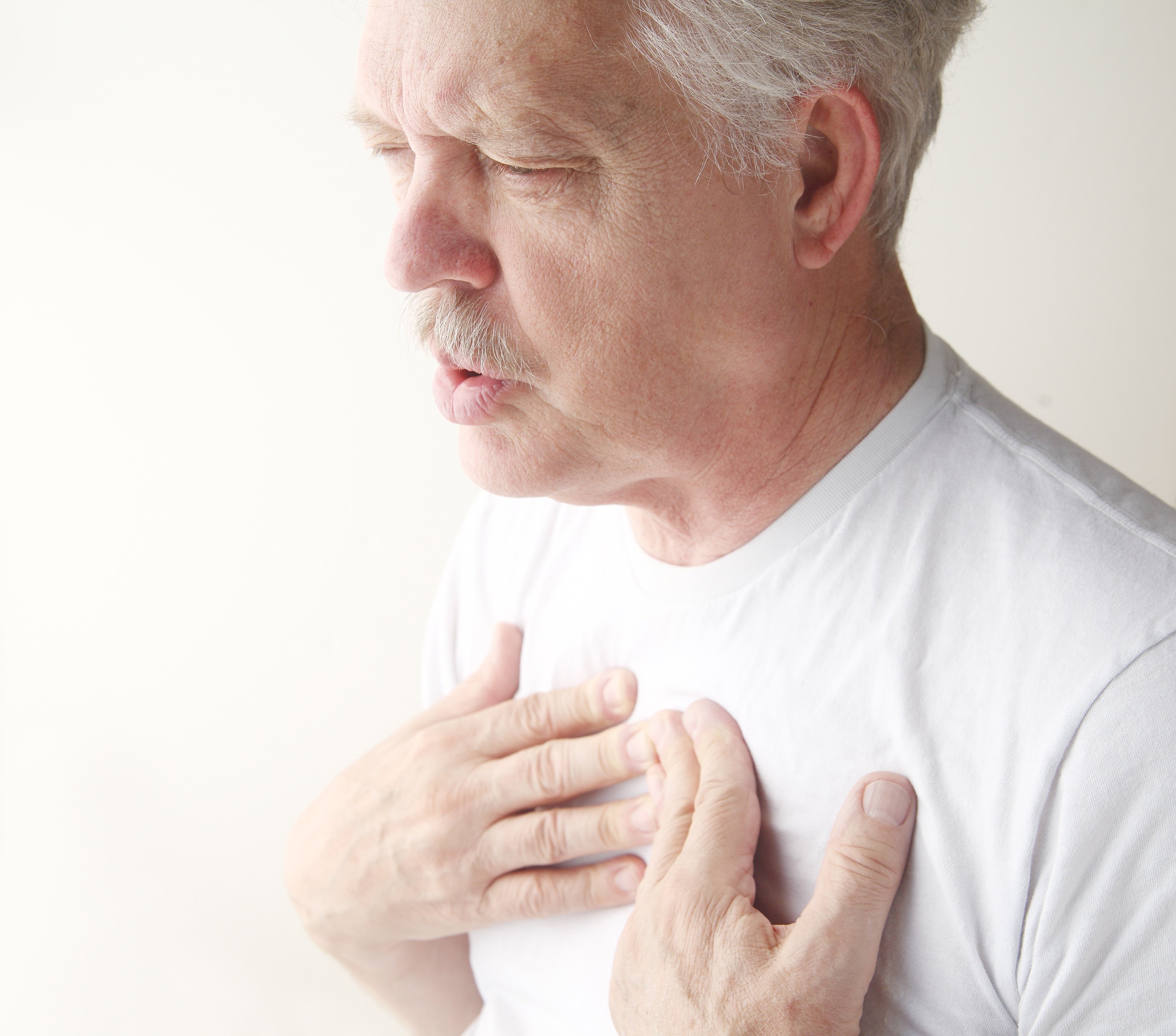
Some research out of UCSF found that older adults (like, men over 65) who napped for two or more hours a day had a 66% higher risk of developing cognitive problems (like mild memory issues or even dementia) compared to those who napped less than 30 minutes a day. That doesn’t mean naps cause problems, but they can be a signal worth listening to. Your brain’s pretty clever; if it wants out of the conversation four times a day, it might be time to pause and ask why.
On the flip side—plenty of seniors nap and are totally sharp. And some are on nodding off without drugs journeys: using gentle routines, natural light, and better habits to dodge the daytime zzz’s.
Take Stock: Quick Self-Check
- Are you nodding off mid-conversation, or just when watching TV?
- Any new meds?
- Feeling down or bored most of the day?
- Is it worse after using the tablet? Or on days when you go outside more, do you feel better?
- Does your partner say you snore a lot? Sleep apnea deserves a look.
Tally it up. If it’s mostly happening when you’re on the tablet or after late-night scrolling, you’ve got a good clue. If not, well… the more clues the better if you chat with your doctor.
Sharing a Story: Ruth’s Family Intervention
My friend Ruth’s dad (same age: 68) started napping at the table, in the car (as a passenger, thank goodness), and right after using his tablet each morning. Ruth finally mentioned it to his doc… turned out his blood pressure meds needed tweaking, and he had mild sleep apnea. One CPAP later—plus a hard rule to leave the tablet in the kitchen after dinner—and his grandkids can barely keep up with him.
Don’t underestimate how quickly these little changes snowball.
Some Small Tweaks = Big Wins
You don’t have to toss the tablet out the window (though, honestly, it’s tempting some days). But little changes can give you hours—and happiness—back. Practical ideas? Here’s what worked for folks I know:
- Take a screen break every hour—stretch, water the plants, wander outside.
- Stash the tablet far, far away after 8pm… pretend you’re camping. Or, hey, hide it in your sock drawer if you must.
- Aim for some daylight before noon—just 15 minutes helps reset your “sleep clock.”
- Keep naps under 30 minutes. No marathon snoozes. Your brain will thank you.
- Still feel sluggish? nod off without drugs by focusing on daily walks, puzzles, music, and connecting with friends. Beats a pill, right?
Another Table: Real People, Real Results
| Name | What Changed? | Result |
|---|---|---|
| “Uncle Ray” | Put tablet away after 8pm | Fewer naps, better mood next day |
| Ruth’s Dad | Tweaked meds, less late-night scrolling | Stopped falling asleep at the dinner table |
| Me (yep!) | Added daily dog walk, limited screens at night | Can finish a crossword without zoning out |
Last Thoughts: Your “Next Step” Moment
So, if you—or your favorite 68 yr old man nod off 4 times aday spend alot of time on tablet is this why—are finding the days chopped up by mini-siestas, know you’re not alone. The world isn’t built for perfect sleep anymore (not with all this tech, anyway). But every so often, those little signs—like dropping off mid-Netflix or waking up with your glasses askew—are your body’s way of nudging you. “Let’s try something different, yeah?”
If the nod-offs are new, more dramatic, or getting in the way of living, talk to your doc. Could be nothing, could be something you can fix with a few simple tweaks or a chat about meds. And hey, if it’s mostly the tablet, try using it less after dark, crank up real human connections, and let your eyes—and brain—rest a little more.
Use helpful resources, check out guides on nodding off causes or figure out your nod off without drugs routine. See what changes in a week or two. Who knows? You might just reclaim those precious afternoons for jokes with grandkids or finally finishing that puzzle you started last March.
And if you’ve got a tip that worked, drop it for the rest of us. We could all use a nap… or you know, maybe a little less screen time and a little more sunlight. What do you think?

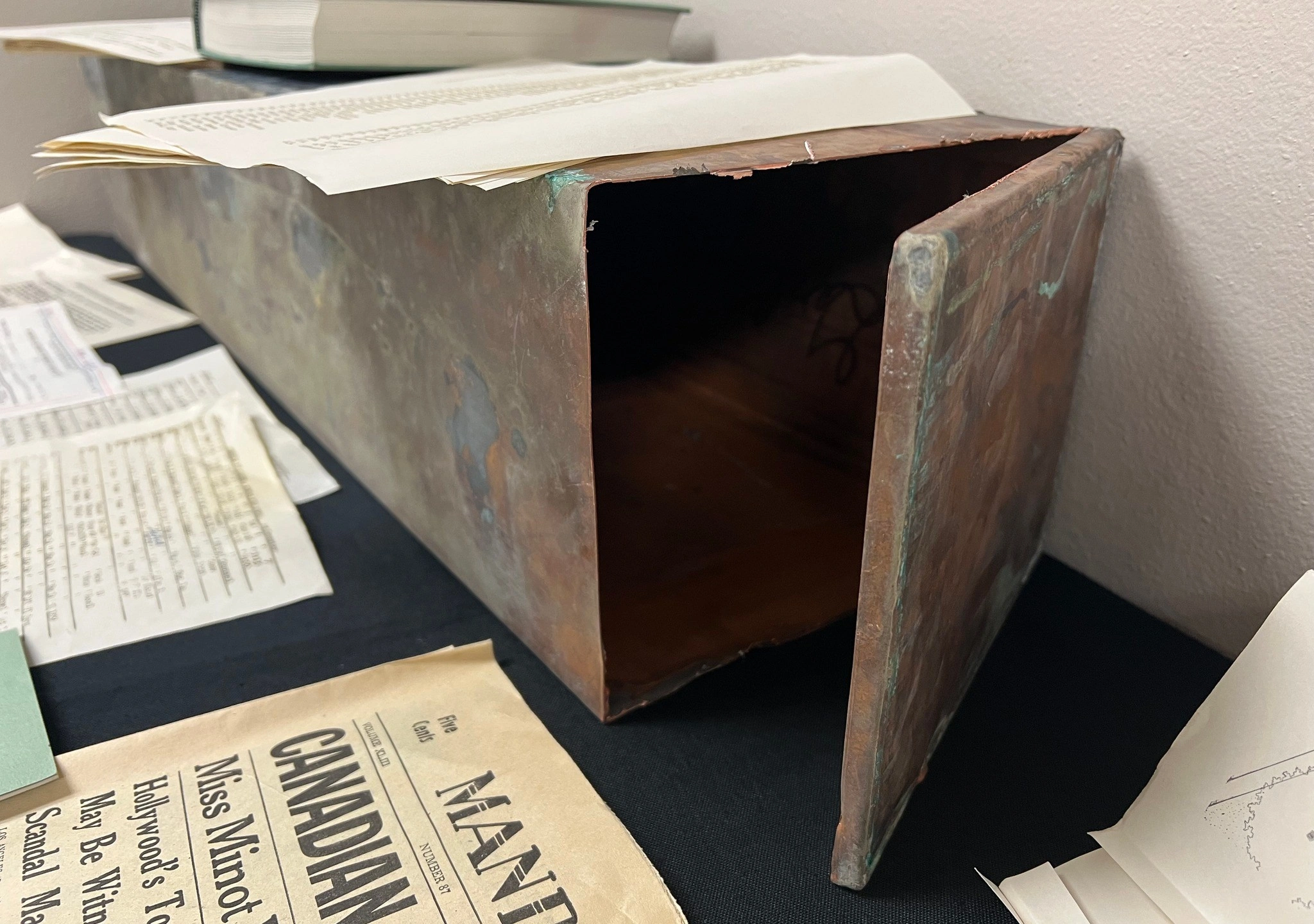
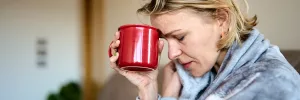
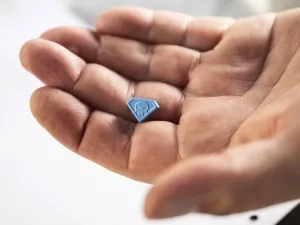
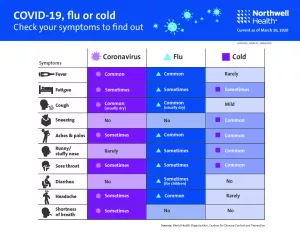
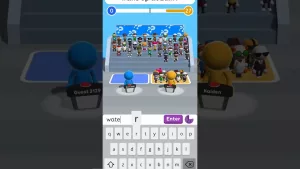
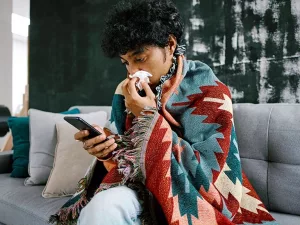
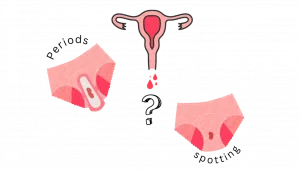
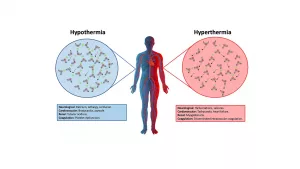
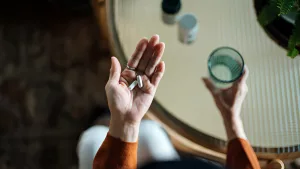
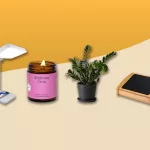

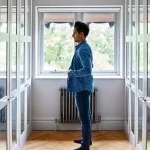
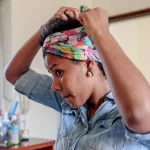


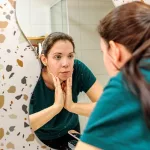
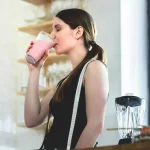
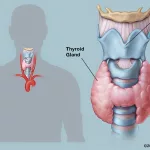
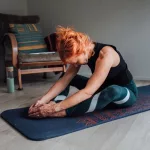
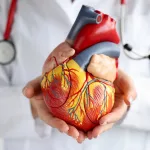

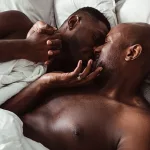
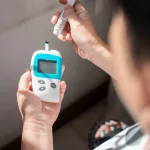
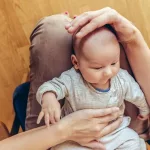
Leave a Reply
You must be logged in to post a comment.